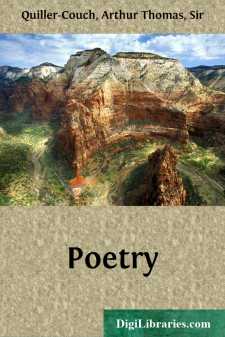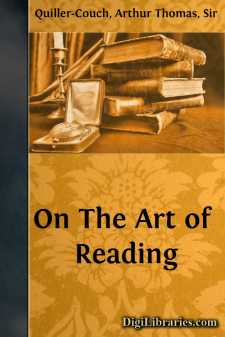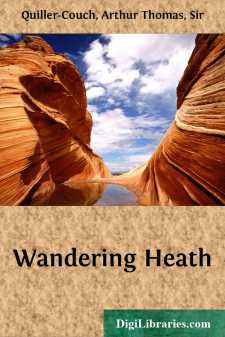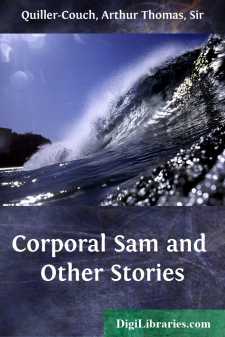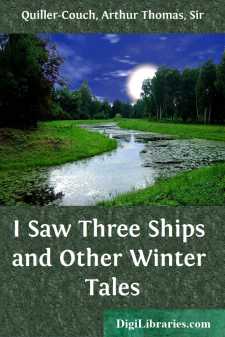Categories
- Antiques & Collectibles 13
- Architecture 36
- Art 48
- Bibles 22
- Biography & Autobiography 813
- Body, Mind & Spirit 142
- Business & Economics 28
- Children's Books 17
- Children's Fiction 14
- Computers 4
- Cooking 94
- Crafts & Hobbies 4
- Drama 346
- Education 46
- Family & Relationships 57
- Fiction 11829
- Games 19
- Gardening 17
- Health & Fitness 34
- History 1377
- House & Home 1
- Humor 147
- Juvenile Fiction 1873
- Juvenile Nonfiction 202
- Language Arts & Disciplines 88
- Law 16
- Literary Collections 686
- Literary Criticism 179
- Mathematics 13
- Medical 41
- Music 40
- Nature 179
- Non-Classifiable 1768
- Performing Arts 7
- Periodicals 1453
- Philosophy 64
- Photography 2
- Poetry 896
- Political Science 203
- Psychology 42
- Reference 154
- Religion 513
- Science 126
- Self-Help 84
- Social Science 81
- Sports & Recreation 34
- Study Aids 3
- Technology & Engineering 59
- Transportation 23
- Travel 463
- True Crime 29
Poetry
Description:
Excerpt
POETRY
By
Arthur Quiller-Couch
"Trust in good verses then:
They only shall aspire,
When pyramids, as men
Are lost i'the funeral fire."
As the tale is told by Plato, in the tenth book of his Republic, one Er the son of Arminius, a Pamphylian, was slain in battle; and ten days afterwards, when they collected the bodies for burial, his body alone showed no taint of corruption. His relatives, however, bore it off to the funeral pile; and on the twelfth day, lying there, he returned to life and told them what he had seen in the other world. Many wonders he related concerning the dead, for example, with their rewards and punishments: but most wonderful of all was the great Spindle of Necessity which he saw reaching up into heaven with the planets revolving around it in whorls of graduated width and speed, yet all concentric and so timed that all complete the full circle punctually together.—"The Spindle turns on the knees of Necessity: and on the rim of each whorl sits perched a Siren, who goes round with it, hymning a single note; the eight notes together forming one harmony."
The fable is a pretty one: but Er the Pamphylian comes back to report no more than the one thing Man already grasps for a certainty amid his welter of guesswork about the Universe—that its stability rests on ordered motion—that the "firmament" stands firm on a balance of active and tremendous forces somehow harmoniously composed. Theology asks "By whom?": Philosophy inclines rather to guess "How?" Natural Science, allowing that these questions are probably unanswerable, contents itself with mapping and measuring what it can of the various forces. But all agree about the harmony: and when a Newton discovers a single rule of it for us, he but makes our assurance surer.
For uncounted centuries before ever hearing of "Gravitation" men knew of the sun that he rose and set at hours which, though mysteriously appointed, could be accurately predicted; of the moon that she regularly waxed and waned, drawing the waters of the earth in a flow and ebb, the gauge of which and the time-table could be advertised beforehand in the almanack; of the stars, that they swung as by clockwork around the pole. Says the son of Sirach concerning them—
At the word of the Holy one they will stand in due order,And they will not faint in their watches.
So evident is this celestial harmony that men, seeking to account for it by what was most harmonious in themselves or in their experience, supposed an actual Music of the Spheres inaudible to mortals; Plato (who learned of Pythagoras) inventing his Octave of Sirens, spinning in the whorls of the great planets and intoning as they spin; Chaucer (who learned of Dante and makes the spheres nine) in his Parliament of Foules telling, out of Cicero's Somnium Scipionis, how the great Scipio Africanus visited his descendant in a dream and—
Shewed he him the litel erthe, that heer is,In regard of the hevenes quantité:
And after shewed he him the nynè sperés,
And after that the melodye herde he
That cometh of thilke sperés thryés-three
That welle is of musicke and melodye
In this world heer, and cause of armonye....


